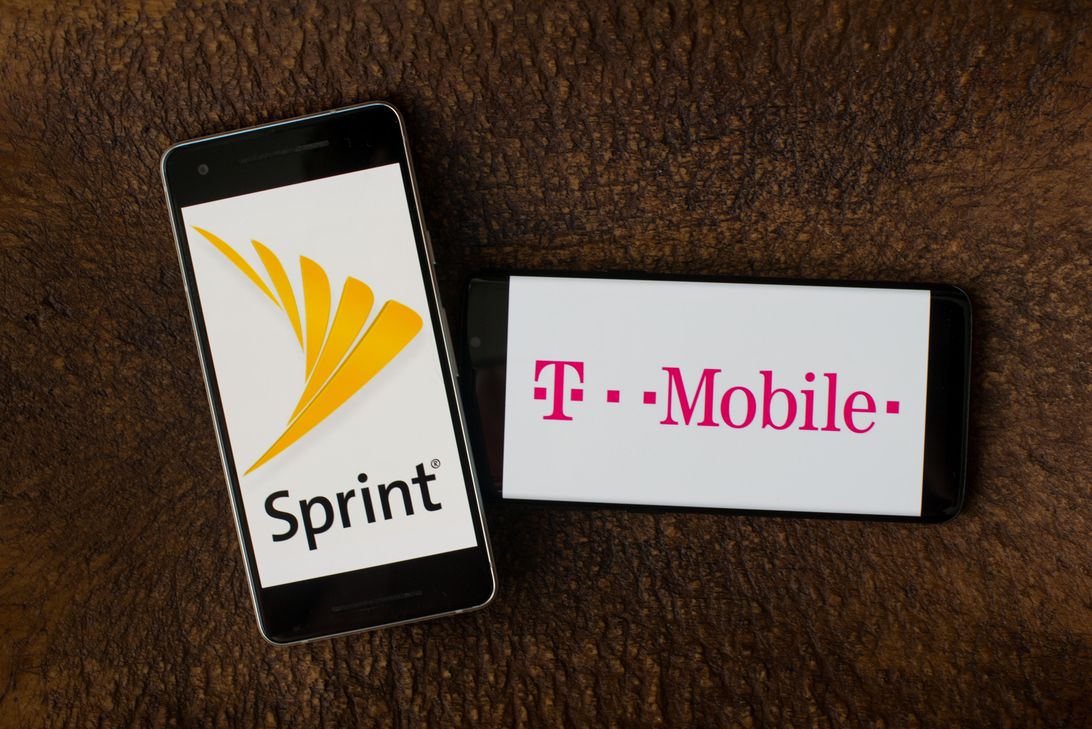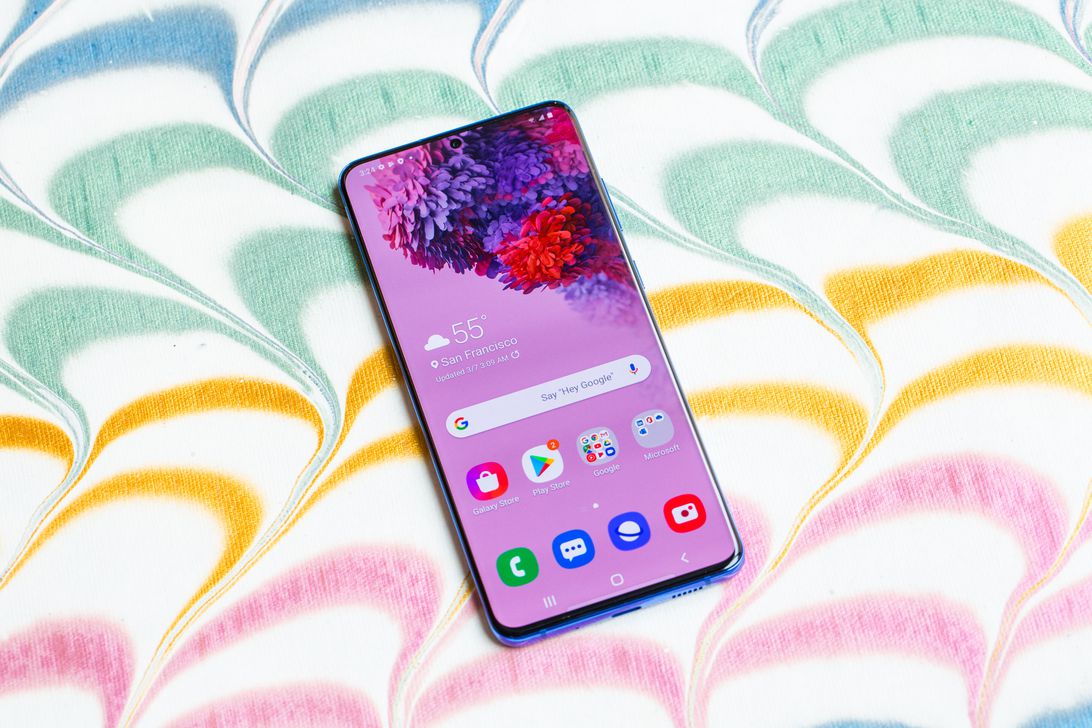T-Mobile closes Sprint merger after two-year battle
Two years after announcing a $26.5 billion merger with Sprint, T-Mobile is ready to get to work integrating the two companies. On Wednesday, the carrier announced that it has closed the deal, which will allow it to begin combining the third- and fourth-largest US wireless providers.
Both companies claim the merger will let them better compete with industry giants Verizon and AT&T. The move will see T-Mobile divest Sprint's Boost prepaid brand and spectrum to Dish, which will enter the market as a new fourth carrier. Dish, led by Charlie Ergen, has spent years and billions of dollars accumulating its own wireless spectrum and was previously under a deadline imposed by the Federal Communications Commission to put some of its spectrum trove to use by March of this year or risk losing it.

As part of the deal, Dish gains extra time to fulfill those obligations and in the interim can use T-Mobile and Sprint's combined network to begin offering service to customers.
These moves will potentially remake how Americans will get their wireless service over the coming years. T-Mobile and Sprint's combined assets should supercharge their ambitions to roll out 5G across the country, and the merged company's larger presence should enable it to better compete against larger rivals Verizon Wireless and AT&T. Dish, meanwhile, represents a new low-cost alternative once it gets its service rolled out.
Wednesday's announcement isn't the full completion of the deal, which still needs both an approval from the California Public Utilities Commission and clearance under the federal antitrust Tunney Act.
But those hurdles should be formalities. After winning a long legal battle with more than a dozen state attorneys general led by New York and California, the CPUC, with the blessing of California Attorney General Xavier Becerra, has already said that it will allow the deal.
The Department of Justice and the FCC have previously approved the transaction.
"During this extraordinary time, it has become abundantly clear how vital a strong and reliable network is to the world we live in," said Mike Sievert, president and CEO of T-Mobile, in a release announcing the completion of the deal. "The New T-Mobile's commitment to delivering a transformative broad and deep nationwide 5G network is more important and more needed than ever and what we are building is mission-critical for consumers.
"T-Mobile has been changing wireless for good -- and now we are going to do it on a whole new level!"
As part of the announcement, Sievert takes over as head of T-Mobile a month early, replacing John Legere, who previously planned to step aside on May 1. Legere will remain at the company as a member of T-Mobile's board of directors to finish out his term, which ends in June.
The process has already begun

As part of its response to the coronavirus pandemic, T-Mobile has already begun some of the processes of what it must do once the merger is completed, including allowing Sprint users to roam freely on its network.
A Sprint spokeswoman told CNET in February that once the merger was finalized "about one-half of Sprint's branded customer base, or about 20 million users, have devices that are already compatible with T-Mobile's network." All the phones would need is a software update.
T-Mobile has also been given 600MHz spectrum from Dish to boost its 4G and 5G capacity during the pandemic, with Dish providing a similar spectrum boost to AT&T and Verizon to help their respective networks for the next 60 days.
For T-Mobile, however, deploying Dish's 600MHz spectrum could also provide a bit of a head start on some of its post-merger plans as the airwaves are something it would have had the opportunity to lease from Dish once the deal closed.
As part of another promise the carrier made to help get its merger approved, T-Mobile in March rolled out its low-cost T-Mobile Connect wireless plans. Originally announced last November and not expected to arrive until after the merger closed, the new plans start at $15 a month for 2GB of high-speed data and unlimited talk and text.
Other promises include not raising rates for at least three years, providing free service for first responders and boosting the deployment of 5G using Sprint's midband spectrum.
Dish's Ergen, meanwhile, told a federal judge in December that his company would offer wireless service within 30 days of the deal closing.
T-Mobile has not announced when the process of combining the two networks will be complete.
You should read it
- ★ How to Activate a New Verizon Wireless Phone
- ★ SIM swap fraud: What it is, why you should care and how to prevent it
- ★ Check the 4G speed: Which network is the fastest?
- ★ New T-Mobile CEO: Sprint users can still keep plans after merger
- ★ T-Mobile's Sprint deal gives US first look at a full 5G picture